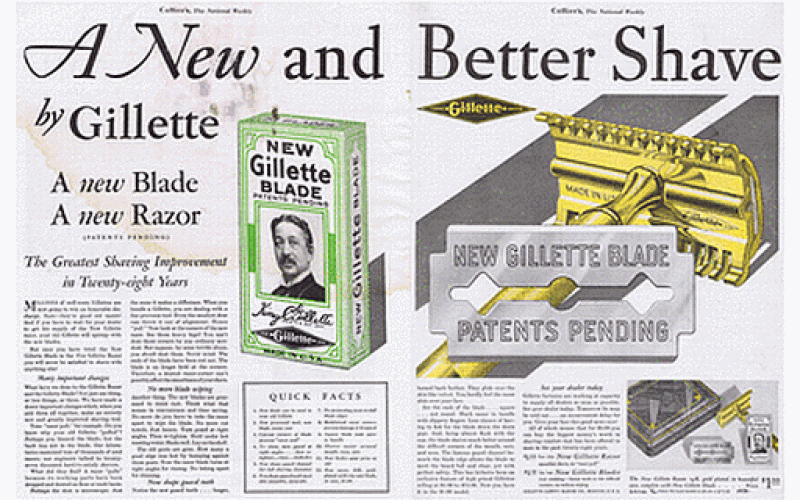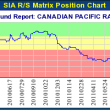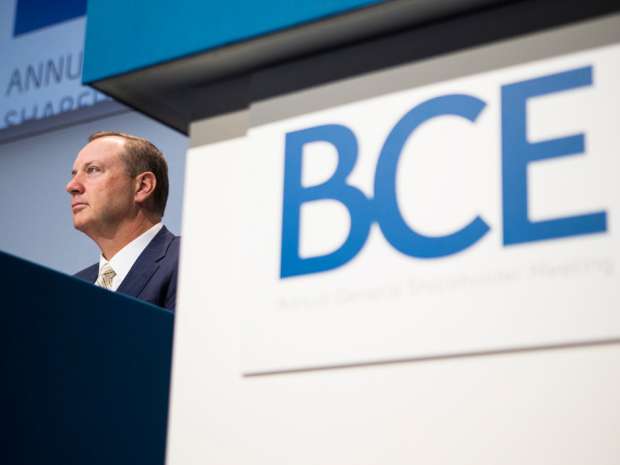by Steve Visscher, Mawer Investment Management
Emerging markets are often viewed as the elixir to cure declining sales in the developed world. But is expansion really so easy?
Business leaders that want to expand their product/service into an emerging economy must start by asking some very basic questions, like:
- What permits or documentation is required to expand into a given country?
- What local labour laws, environmental legislation, or safety regulations need to be adhered to?
- How does one go about paying taxes?
More often than not, these seemingly basic questions create real headaches. And they are just the beginning. A less obvious, but potentially greater, impediment to success is a company’s ability to adapt their products and services to suit local consumer preferences. I recently came across an interesting article from the Daily Mail that illustrates this point using Gillette’s experience entering the razor market in India.
The Gillette brand is owned by the Ohio-based Procter & Gamble conglomerate and is synonymous with men’s shaving and personal grooming. We’ve all seen the ads that typically feature a celebrity athlete shaving in a steamy bathroom, moments before his supermodel girlfriend nods in approval at his close shave. Just buy the Gillette Pro-Glide Fusion Razor with Advanced Blade Suspension System and this will happen to you. Or not.
But when Gillette first tried to penetrate the market in India they found limited success. Products that had sold well in other countries were just not moving in India. Puzzled by the lacklustre sales, Gillette ultimately sent a team to India to observe in person the habits of Indian consumers. Global Gillette Vice President Alberto Carvalho watched a man shaving in his hut, sitting on the floor (without lights, a mirror, or running water) and straining not to cut himself.
“That, for me, was a big a-ha,” explained Carvalho. “I had never seen people shaving like that.”
Gillette’s observations in India led them to make significant modifications to their razor’s design in order to meet the needs of local consumers. They found that Indian consumers were generally far more price sensitive than those in developed countries, and were also more likely to purchase at smaller, family-run, establishments.
These insights resulted in a completely revamped razor, with a design that was simpler, employed more safety features and used approximately 80% fewer parts. Manufacturing was local, which helped keep costs down and the final retail price was approximately $0.30 — that’s less than the GST on the razor in the Super Bowl ads. Gillette also focused on improving relationships with the massive network of corner stores rather than large retailers.
The launch of the new razor was an instant success. Today it accounts for approximately 2 out of every 3 razors sold in India.
Gillette’s experience in India serves as both a cautionary tale and a success story of expanding into emerging economies. Companies that recognize the inherent complexities associated with such expansion, and have the ability to innovate and adapt, are far more likely to succeed in emerging markets.
Steven Visscher
Copyright © Mawer Investment Management















